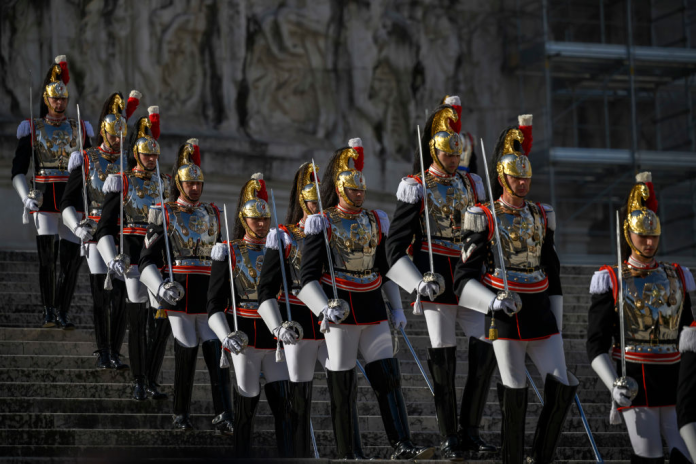Tensions surrounding Italy’s annual Liberation Day on 25 April have intensified under Prime Minister Giorgia Meloni’s government, which this year has called for “low-key” celebrations amid a five-day national mourning period declared after the demise of Pope Francis, according to Euractiv.
Critics, however, argue the move underscores the ruling coalition’s longstanding unease with an anniversary marking Italy’s liberation from fascism in 1945. Opposition parties accused Meloni’s administration of harbouring an “allergy” to antifascist values, pointing to her party’s post-fascist lineage.
Since taking office, Meloni – leader of the Brothers of Italy (FdI) party – avoided explicitly defining herself as antifascist. In 2023, she drew criticism for condemning “all totalitarian regimes” in a statement critics argued equated fascism with its opponents.
The debate over Italy’s antifascist roots has reignited ahead of this year’s commemorations. Two years ago, Senate President Ignazio La Russa, a senior FdI figure, provoked outrage by claiming Italy’s Constitution contains no reference to antifascism, despite being drafted by partisans who fought Benito Mussolini’s rule.
Meloni’s absence from key events in previous years, coupled with her party’s ambiguous stance on history, has deepened scepticism.
